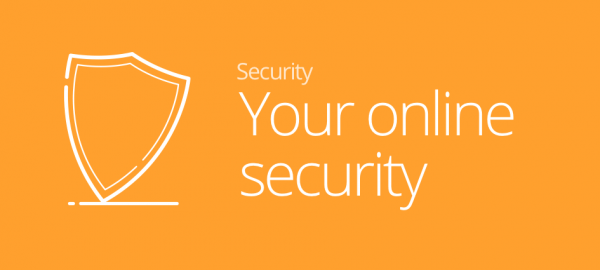Privacy was something that we once took for granted. But thanks to increased levels of surveillance by governments, huge volumes of data being collected by companies and more of our day-to-day business being conducted online, privacy is no longer a given and is something we all need to work at. There a few online security basics that will help keep your business date safe…
Browsing the internet, shopping online or using Internet of Things devices all have the potential to put your privacy at risk. What’s more, you can’t rely on manufacturers and service providers to protect your online security. That means you need to take steps to ensure that your own information is safe.
The life of PII
The key to much of our lives these days lies in Personally Identifiable Information (PII). Your PII can include your name, address and phone number but also items such as your National Insurance number and any account numbers that identify you to banks or other businesses. It can also include your browsing habits and the contents of your emails.
This data is valuable to businesses because it helps them to determine your preferences and target advertising. It’s also valuable to hackers and cyber criminals who can use it to try to steal your identity or gain access to your online accounts.
Businesses that collect and store your data have a duty to protect it, which is backed by legislation such as GDPR. However, as we all know from following the news, security breaches where the PII of large numbers of people is exposed are not uncommon.
This stolen information is traded on the dark web and it has a long shelf life. [1] Stolen passwords are frequently used in ‘credential stuffing’ attacks because people are lazy and use the same password on a number of different websites.
Protecting yourself
In order to keep yourself safe, you should always use complex passwords with a mix of different characters and avoid using the same password across different sites. If you have trouble remembering all of your passwords then use a password manager program. If a website offers multi-factor authentication, via SMS or an authenticator app, then you should definitely use it so that even if your password is compromised, it can’t be used.
Something else you can do to prevent your activity being tracked online is to change your browsing habits. Make sure that you look for ‘https’ at the start of web addresses or a padlock symbol on the address bar. This indicates that traffic to and from the site is encrypted.
Mainstream browsers such as Chrome have an incognito mode, but this only prevents cookies from being placed on your PC; it doesn’t stop you being tracked by your ISP. To enhance your online security further you can use a secure browser such as Tor or use a VPN (Virtual Private Network) service. These create a ‘tunnel’ to any websites you visit rather than linking to them directly, so that you can browse securely.
Even if you prefer to stick with a familiar browser, you can make yourself more secure by setting up the preferences to stop cookies being stored, though this does prevent sites from remembering your preferences.

